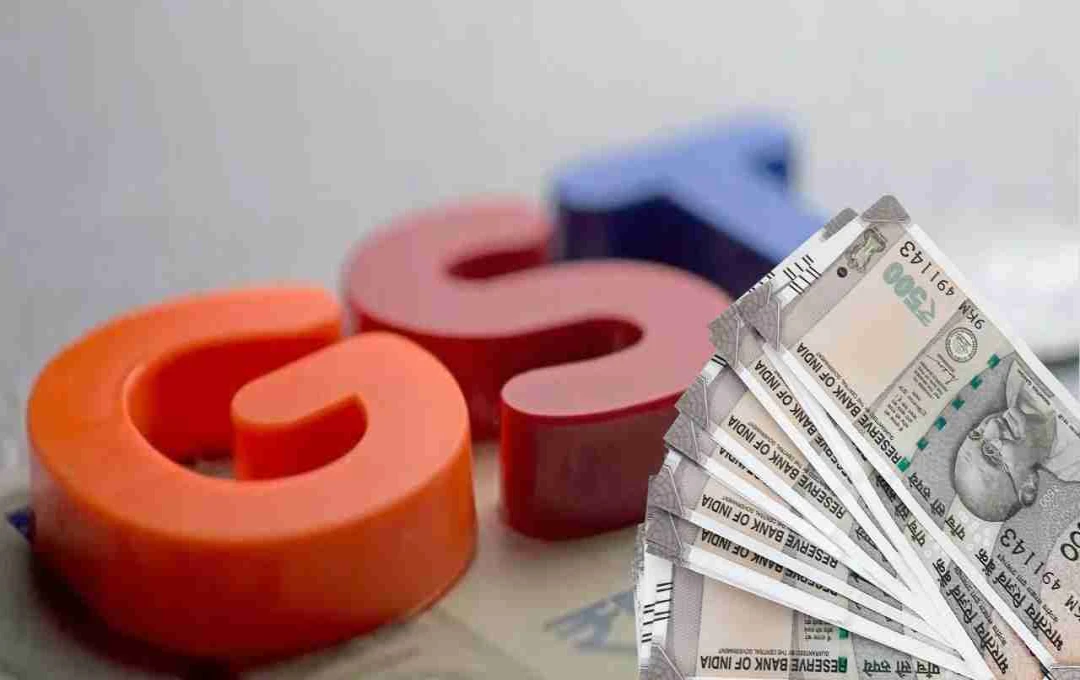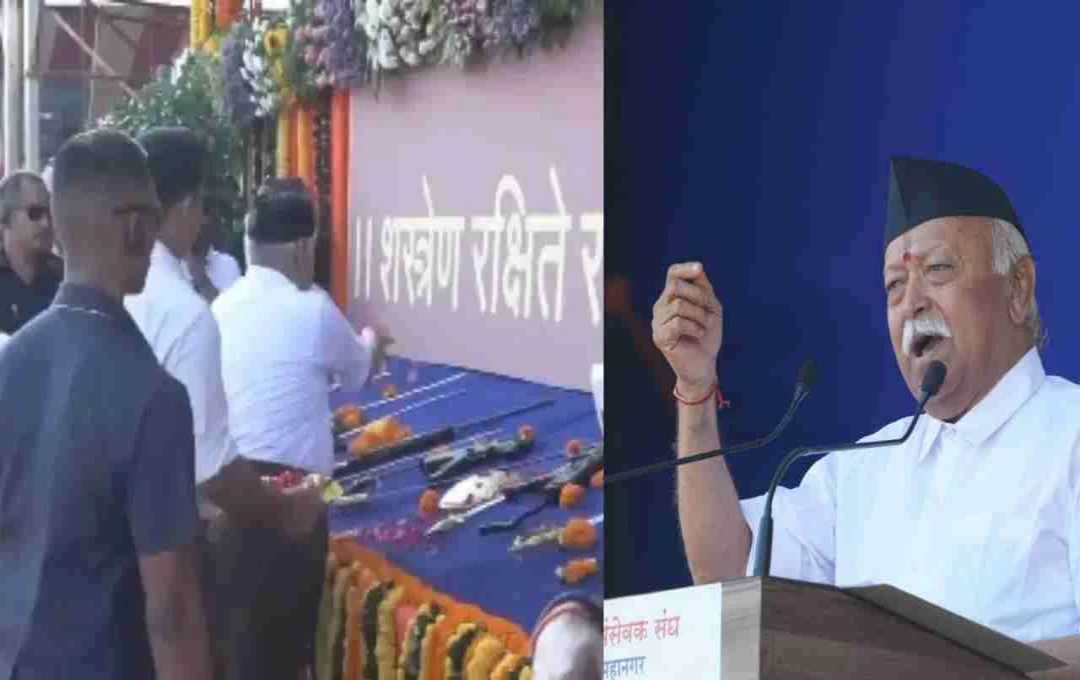Government Outlines Next-Gen GST. Number of Slabs to be Reduced from 4 to 2. Goal is to Implement a Uniform Tax Rate by 2047, Propelling India Towards Becoming a Developed Nation.
Next Gen GST: The Central Government has outlined the 'Next Gen GST' to simplify and streamline the country's tax system. Under this plan, the existing four tax slabs (5%, 12%, 18%, and 28%) are proposed to be reduced to just two—5% and 18%. Conversely, a 40% tax rate will remain applicable to sin goods like alcohol and cigarettes. The government believes this reform will help realize the dream of a uniform tax rate, i.e., "One Nation, One Tax," by 2047.
Tax Rates on Various Goods
Under the new proposal, approximately 99% of items currently under the 12% tax slab will be moved to the 5% slab. This includes butter, juice, dry fruits, and many other everyday goods. Similarly, around 90% of items in the 28% tax slab, such as air conditioners, TVs, refrigerators, washing machines, and cement, will be reduced to the 18% slab.
Benefits for Consumers and the Market

The biggest advantage of reducing tax slabs will be for the general public. Lower taxes on everyday goods will lead to a decrease in their prices. When prices fall, consumption will increase, boosting demand in the market.
The government estimates that people will have more disposable income, which they will spend in the market. This will not only increase consumption but also strengthen the economy.
Government Strategy and Goals
According to officials, this reform is a step towards making the tax structure more stable and simpler. Currently, many problems related to Input Tax Credit (ITC) trouble businesses. The new structure will eliminate the issues of stuck ITC and simplify tax compliance.
The government's goal is to make India a developed nation in the next 25 years. In that direction, this tax reform could prove to be a significant step. The former US president Donald Trump has imposed a 25% duty on exports from India and announced an increase to 50% from August 27. This could affect India's exports worth around $40 billion. In such a scenario, the government believes that tax reforms are essential to increase domestic consumption and provide relief to industries.















